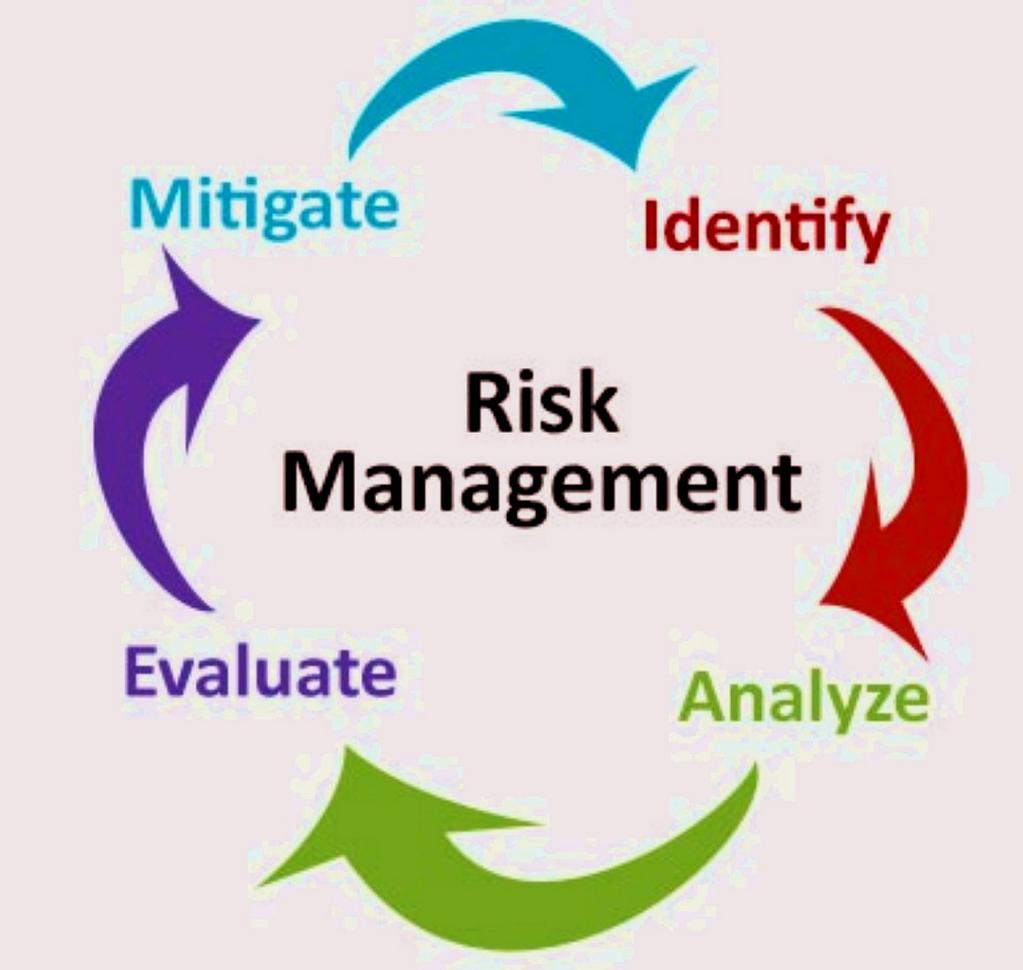“It has often been pointed out that any of several different plans of operation, if followed consistently over a number of years, would have produced consistently a net gain on market operations. The fact is, however, that many traders, having not set up a basic strategy and having no sound philosophy of what the market is doing and why, are at the mercy of every panic, boom, rumor, tip, in fact, of every wind that blows. And since the market, by its very nature, is a meeting place of conflicting and competing forces, they are constantly torn by worry, uncertainty, and doubt. As a result, they often drop their good holdings for a loss on a sudden dip or shakeout; they can be scared out of their short commitments by a wave of optimistic news; they spend their days picking up gossip, passing on rumors, trying to confirm their beliefs or alleviate their fears; and they spend their nights weighing and balancing, checking and questioning, in a welter of bright hopes and dark fears.
Furthermore, a trader of this type is in continual danger of getting caught in a situation that may be truly ruinous. Since he has no fixed guides or danger points to tell him when a commitment has gone bad and it is time to get out with a small loss, he is prone to let stocks run entirely past the red light, hoping that the adverse move will soon be over, and there will be a ‘chance to get out even,’ a chance that often never comes. And, even should stocks be moving in the right direction and showing him a profit, he is not in a much happier position, since he has no guide as to the point at which to take profits. The result is he is likely to get out too soon and lose most of his possible gain, or overstay the market and lose part of the expected profits. (more…)

